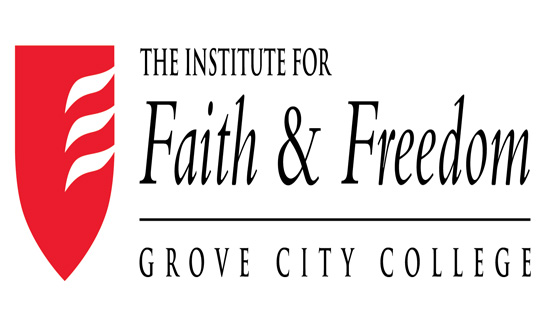America Roots for the Underdog
Last week, in a small town named after the moon (because of what once was considered the town’s vast distance from the big city, according to one local legend), at a university named after a critically important yet universally forgotten Revolutionary War figure, a little miracle happened for a basketball team that captured the hearts of many Americans.
With 8.7 seconds remaining in the opening round of the National Invitation
Tournament, the Robert Morris Colonials stunned the defending NCAA champion Kentucky Wildcats, 59-57. Their improbable journey played out on Twitter and their victory read like a fairy tale.
The Colonials did it with grit, heart, talent and a determination that nearly every American can relate to on some level of their life, either by personal
accomplishment or in the goals they are working toward.
We have an undying love for the upstart in America, said Brad Todd, a Republican
strategist in Washington, "and that game was the pitch-perfect script defining our love affair with the underdog."
The Colonials emulated greater underdogs of our past such as Daniel Boone, Andrew Jackson, Harriet Tubman, Amelia Earhart, Jesse Owens and John Glenn who found a way to beat the odds and to achieve success.
America is a place where Goliaths struggle for fans. We are drawn to the
pull-yourself-up-by-the-bootstraps, come-from-behind heroes who accomplish the
improbable, just as the Colonials did. And we can turn against them just as easily if they get too full of themselves, as when Beyonce decides to proclaim herself a queen to whom female fans should bow down.
We don’t like queens (or kings) to rule us. But as any half-decent book about our country’s Founding can spell out in a few pages, we love Colonials.
That anti-elite sentiment is very evident in our political system: We like the men or women who have made it on their own, hold no ties to the establishment and are "just like us" – or at least appear to be.
When our politicians get too full of themselves, we have no problem going to the
voting booth to remind them exactly where the exit door is, no matter their party.
According to political strategist Todd, both American political parties have an
elitism problem right now. "The Republicans are seen as the defenders of Wall Street and the Democrats are seen as the defenders of big government," he said, resulting in "a big mutual distrust" of each.
The Tennessee native said more folks today identify themselves as independent voters because of their disappointment with both parties in just about every part of the country that is 15 minutes outside any large city.
One of the biggest turnoffs against elites is the use of coercive federal government power to force all people to practice some people’s values, whether those are conservative or progressive in nature.
When Barack Obama walks away from the White House after the 2016 election, Democrats will be stuck with a brand of elitism that he leaves behind – and if the GOP is smart, it will have fixed its own elitism problems, beginning now.
For Republicans to connect with all voters, they must recognize that their future rests with being neither the party of hyper-libertarianism (although libertarians should be welcome) nor the party that uses the federal government to police morality (although moral traditionalists should be equally welcome).
The natural center for Republicans lies in the unorganized blue-collar position
between these two extremes. There, the theme of "We just want the freedom to shape our neighborhood in accordance with our local values" should reign supreme.
Of course, this means that the party also has to switch away from the establishment, market-libertarian "Wall Street" (or big-business) position to a true free-market "Main Street" (small-business) position – although big-business interests should remain welcome, too.
As Louisiana Gov. Bobby Jindal told the GOP’s national committee in January,
Republicans "must stop being the stupid party."
He’s right: No one in America roots for stupid, except on certain reality-TV shows.





